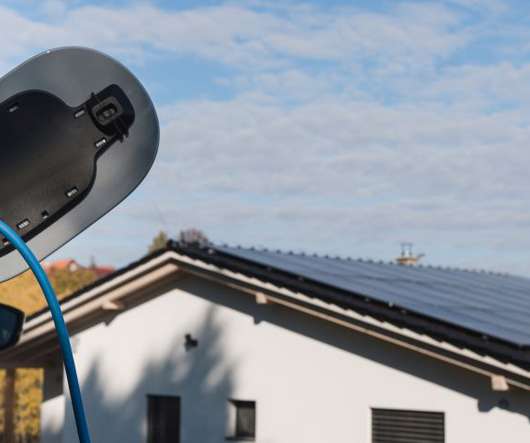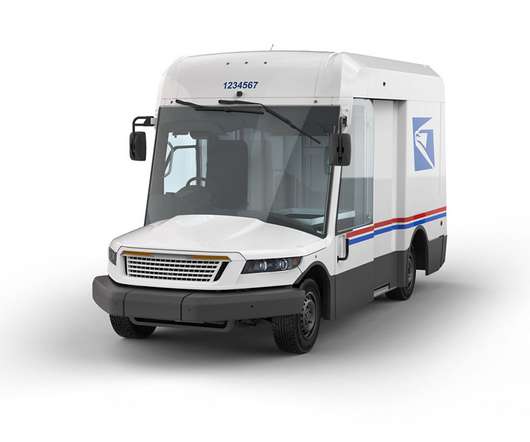US DOE Awards $300 Million in Clean Cities Grants to Support Alternative Fuels, Vehicles, and Infrastructure Development
Green Car Congress
AUGUST 26, 2009
These projects put more than 9,000 alternative fuel and energy-efficient light-, medium- and heavy-duty vehicles on the road, and establish 542 refueling locations across the country. The project will deploy 502 alternative fuel and advanced technology vehicles through 119 public and private fleets throughout the state.












Let's personalize your content